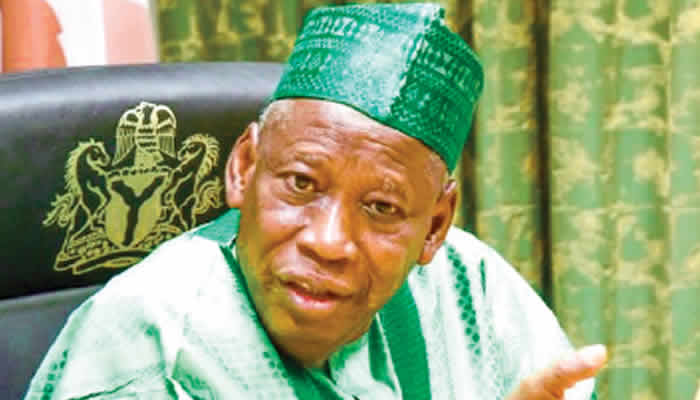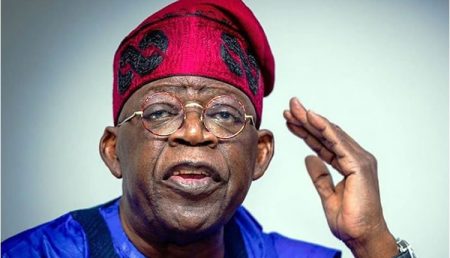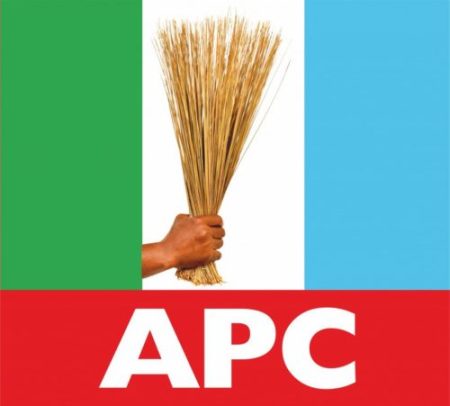The All Progressives Congress (APC) governors, convening under the Progressive Governors’ Forum (PGF), held a two-day strategic meeting in Benin City, Edo State, to address critical national issues and solidify the party’s direction. The meeting, chaired by Imo State Governor Hope Uzodimma, culminated in a communiqué outlining the forum’s commitment to internal reforms, collaborative governance, and people-centred development. A significant development acknowledged during the meeting was the resignation of the party’s National Chairman, Abdullahi Ganduje. The governors framed this transition as a natural progression in the party’s evolution, suggesting a strategic repositioning rather than a crisis-driven departure. This emphasis on “evolution” hints at an internal recalibration aimed at bolstering the party’s future prospects and maintaining its position as a dominant force in Nigerian politics.
The PGF meeting served as a platform for comprehensive analysis of Nigeria’s current socio-political and economic landscape. The governors expressed satisfaction with the renewed synergy between federal and state institutions, particularly commending the federal government’s focus on key areas such as fiscal reform, food security, energy transition, infrastructure modernization, and revitalizing the social sector. This collaborative spirit underscores the party’s commitment to effective governance and national progress. Furthermore, the governors emphasized the importance of democratizing economic growth by expanding investments in critical areas that directly impact the well-being of citizens, including food security, job creation, poverty eradication, support for micro, small, and medium enterprises (MSMEs), and strengthening social safety nets.
The forum explicitly acknowledged the effectiveness of macroeconomic stabilization policies implemented by the federal government, including fuel subsidy removal, exchange rate unification, and debt rationalization. These measures, while potentially challenging in the short term, are viewed as essential steps towards long-term economic stability and sustainable growth. The governors stressed the need to balance these policies with a strategic focus on social equity and inclusive prosperity, ensuring that the benefits of economic recovery are widely shared and contribute to improved living standards for all Nigerians. This balanced approach reflects a commitment to both fiscal responsibility and social welfare.
A key highlight of the meeting was the formal welcome of Akwa Ibom State Governor, Pastor Umo Eno, into the APC fold. The PGF viewed this defection, along with that of his supporters, as a testament to the growing national consensus surrounding President Tinubu’s administration’s transformative policies. This addition strengthens the APC’s presence in the South-South region and is perceived as a positive indicator of the party’s growing national appeal. The governors reiterated their belief that the APC remains the most institutionally coherent political platform in Nigeria, boasting an unmatched record of reforms, electoral success, and contributions to national unity.
The PGF reaffirmed the pivotal role of sub-national governments as drivers of economic renewal. They committed to deepening economic decentralization in line with the 1999 Constitution, empowering states to play a more active role in driving economic growth and development within their respective jurisdictions. This commitment underscores the importance of sub-national governments in fostering economic diversification and tailoring development strategies to local needs. The governors welcomed the increased fiscal transfers to states and the growing investor confidence in Nigeria’s economic outlook, citing the significant domestic and foreign direct investments attracted by several APC-led states as evidence of an improving investment climate.
The governors’ meeting showcased a strong focus on collaborative governance, economic reform, and social development. The acknowledgment of Ganduje’s resignation as a natural evolution within the party, coupled with the welcoming of Governor Eno, signals a strategic approach to maintaining party strength and adapting to the evolving political landscape. The emphasis on macroeconomic stabilization, complemented by a commitment to social equity and inclusive growth, underscores the party’s dedication to responsible economic management while ensuring that the benefits of progress are shared broadly. The PGF’s commitment to strengthening sub-national governments and deepening economic decentralization further reinforces their belief in the importance of localized development strategies. This comprehensive approach reflects the party’s broader vision for a more prosperous and equitable Nigeria.














